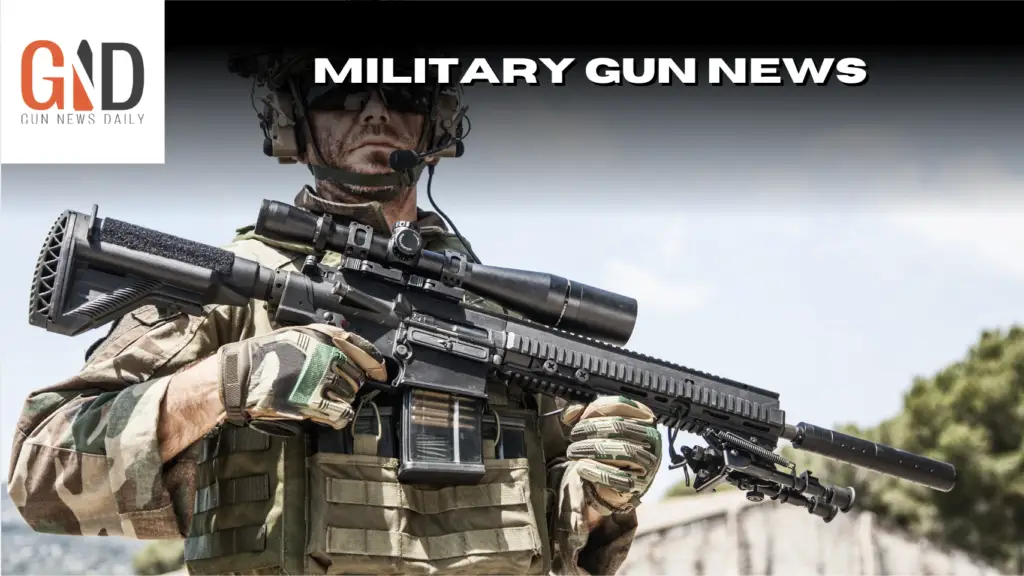A significant $142 billion arms deal between the United States and Saudi Arabia is expected to reshape military dynamics in the Middle East, though it may be constrained by America’s obligation to preserve Israel’s military superiority. Analysts warn that while Saudi Arabia seeks advanced weaponry like the F-35 fighter jets, any such sale could violate the long-standing U.S. policy aimed at ensuring Israel’s Qualitative Military Edge (QME). This doctrine, which has been in place since the 1960s, complicates arms dealings in the region as the U.S. seeks to balance its relationships with both Israel and its Arab allies.
Despite discussions around this landmark deal, details remain limited. The agreement was touted as the “largest defense sales agreement in history,” covering multiple areas including air and missile defense and maritime security improvements. Analysts highlight that the U.S. has historically blocked F-35 sales to Riyadh to avoid jeopardizing Israel’s status as the only Middle Eastern nation with such a capability, raising questions about the potential implications of satisfying Saudi wants amid regional tensions.
Read full story at www.timesofisrael.com















